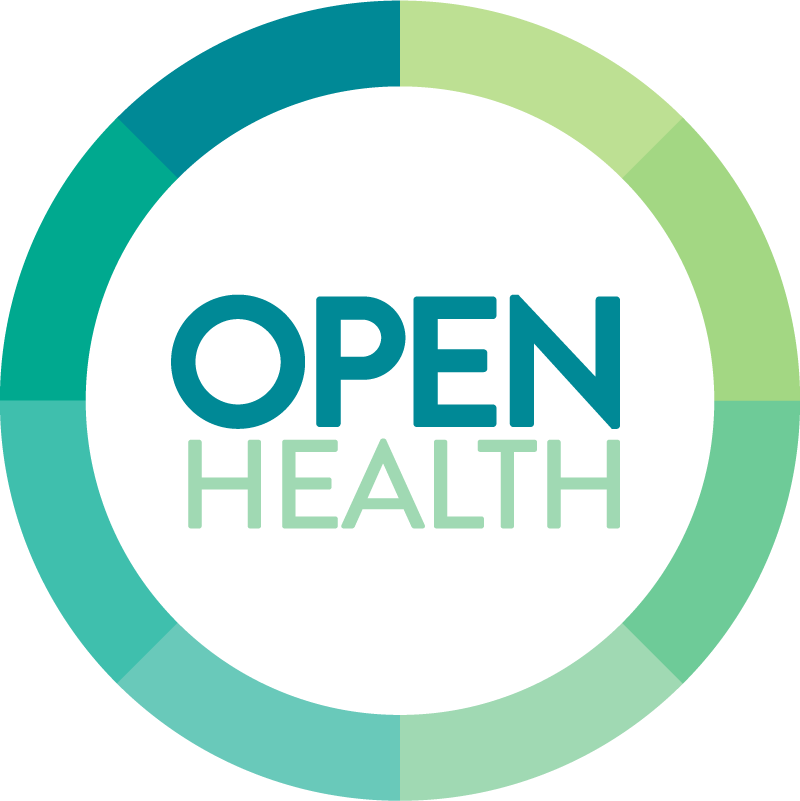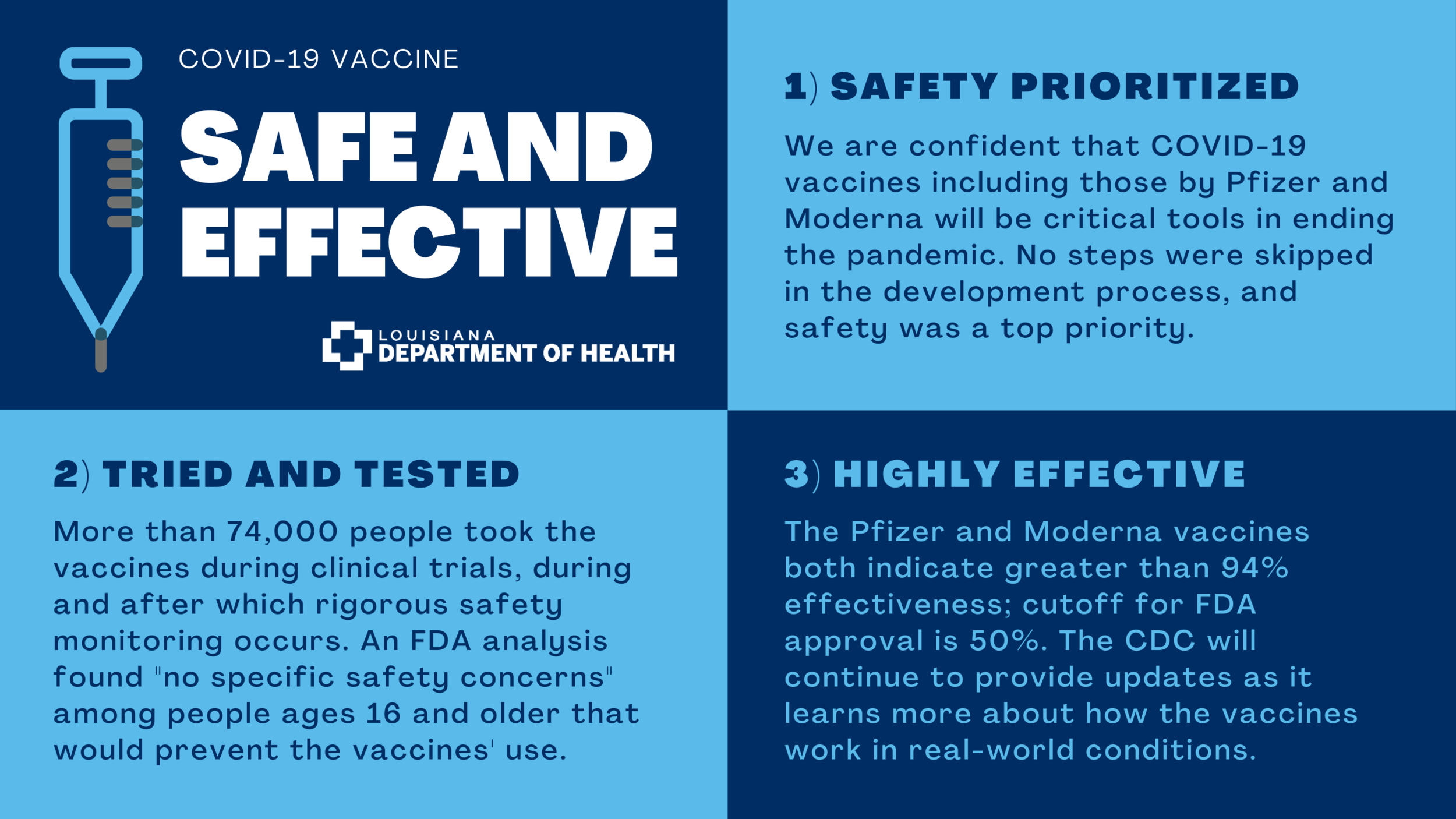Updated 3/22/2021 per new state vaccine guidelines.
Now Offering Drive-Thru COVID-19 Vaccines
Open Health is now offering COVID-19 vaccines in a convenient drive-thru clinic. Schedule an appointment with our nursing staff by calling us at (225) 655-6422.
Information about Vaccine Drive-Thru Clinic
Do you qualify to receive the vaccine? You must meet one of these requirements:
Pregnant women of any age
Adults 18+
Do I have to be a patient of Open Health to get the COVID-19 vaccine?
No. Anyone can get the vaccine as long as they meet the requirements listed above.
Do I need an appointment to get a COVID-19 vaccine thru our drive-thru clinic?
Yes! Appointments are required. Please call us at (225) 655-6422 to schedule your COVID-19 vaccination.
What should I bring to my vaccination appointment?
Photo ID
Insurance card
Personnel working in the qualifying fields listed above must bring a paystub or badge to their vaccine appointment.
Contact us:
If you have questions, please call us at (225) 655-6422.
Information about the covid-19 vaccine
COVID-19 vaccination will help protect you from getting COVID-19. You may have some side effects, which are normal signs that your body is building protection. These side effects may affect your ability to do daily activities, but they should go away in a few days.
How many vaccine shots do I need:
Open Health will give you two shots, 28 days apart. We will schedule your second shot when we make your appointment for your first vaccine shot.
Throughout the rest of your body
Fever
Chills
Tiredness
Headaches
On the arm where you got the shot
Pain
Swelling
Have more questions about the covid-19 vaccine?
Visit the CDC to learn more about the COVID-19 Vaccine. https://www.cdc.gov/coronavirus/2019-ncov/vaccines/faq.html
We will update this site as additional information becomes available. 3/22/2021











